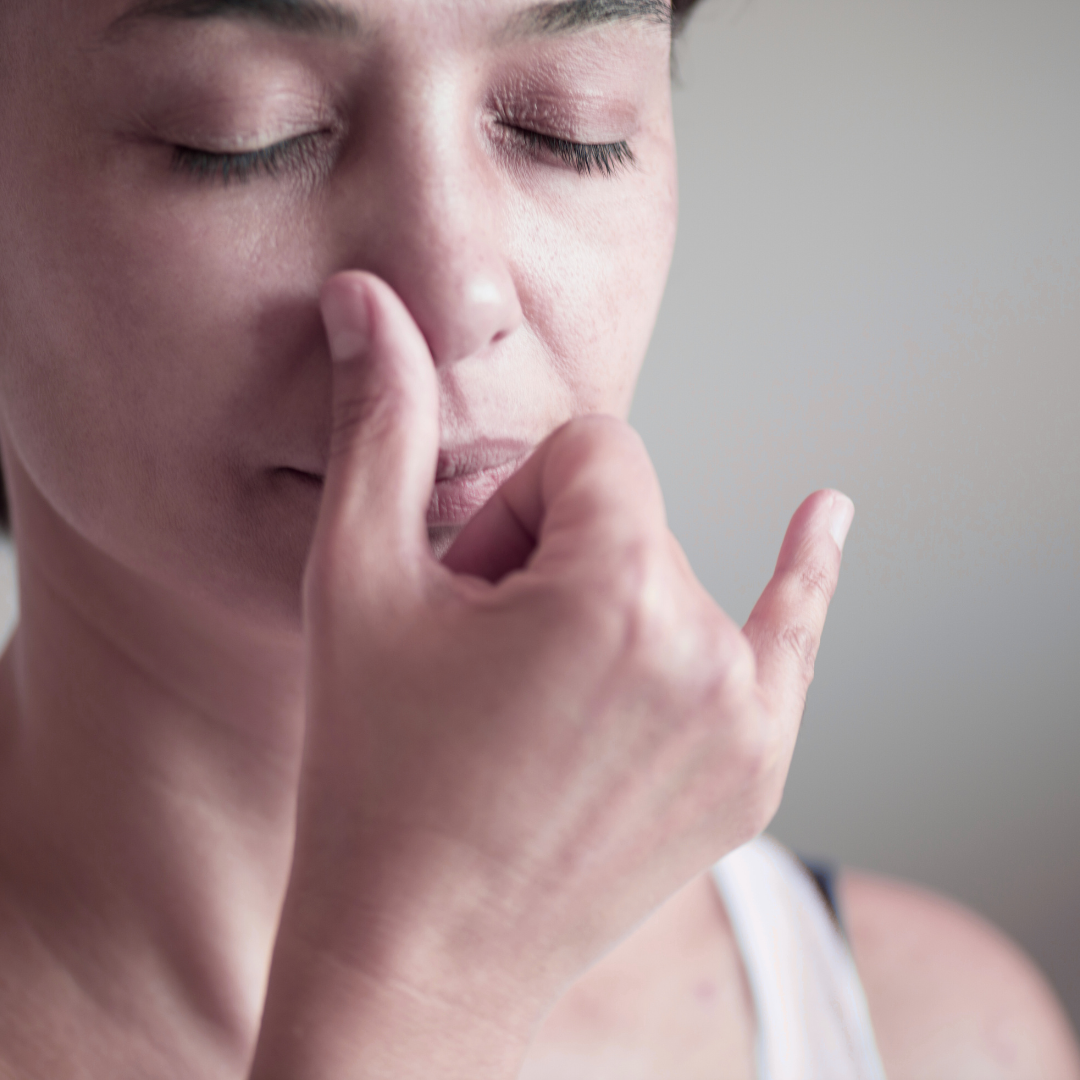Does POTS Flare Around Your Period? The Hormonal Connection Between POTS and Your Menstrual Cycle
Hormonal shifts in the menstrual cycle can temporarily worsen POTS symptoms by affecting blood volume, vessel tone, and nervous system stress.
If you live with POTS, you may notice a pattern you can set your clock by. The week before your period or the first few days of your cycle seem to hit harder than the rest. Fatigue deepens, dizziness worsens, your heart races more easily, and anxiety spikes out of nowhere.
It can feel like your hormones are in control of your life. Many women quietly wonder: does POTS really flare with the menstrual cycle, or is it just coincidence?
There is a connection. And once you understand what is happening in your body, you can begin to prepare for those flares instead of being blindsided by them.
Why POTS Symptoms Feel Worse Around Your Period
POTS, or Postural Orthostatic Tachycardia Syndrome, is a condition where the autonomic nervous system struggles to regulate blood flow and heart rate, especially when standing. Hormones have a direct impact on both of those systems.
During a normal menstrual cycle, hormones like estrogen and progesterone rise and fall. These changes affect fluid balance, blood volume, and blood vessel tone. If you already have POTS, these shifts can magnify your symptoms. That’s why the days surrounding your period can feel like a sudden setback even if you were doing better the week before.
POTS and Menstrual Cycle: What Patterns Are Common
Many women with POTS notice predictable changes that align with their cycles. The patterns often look like this:
The week before the period: Symptoms start creeping up. Anxiety feels sharper, standing causes more lightheadedness, and heart rate spikes more quickly.
During the period: Fatigue deepens. It feels harder to move through daily tasks, and dizziness or nausea increases.
After the period ends: Gradual relief and a small window of feeling more stable.
This monthly wave of symptoms isn’t imagined. It’s your body responding to normal hormonal changes that are just harder to manage when your nervous system is already sensitive.
“Tracking your cycle helps you prepare for predictable POTS flares instead of being blindsided every month.”
Why Your Period Makes POTS Worse
There are a few key reasons why the menstrual cycle makes POTS symptoms worse:
Blood volume changes: Menstrual bleeding temporarily lowers blood volume. For someone with POTS, where blood flow is already a challenge, this can cause more dizziness and faintness.
Hormone fluctuations: Drops in estrogen and progesterone influence the way blood vessels tighten and relax. This can make the heart work harder to keep blood pressure stable.
Stress on the nervous system: For a nervous system already working overtime, these physical changes feel like extra pressure.
The combination creates a perfect storm for increased flares around your cycle.
Hormones, Dysautonomia, and Symptoms You Might Notice
During these hormonal shifts, symptoms that are already challenging can become stronger:
Anxiety or panic sensations that feel sudden
Heart racing after standing or even sitting upright
A heavy, dragging fatigue that sleep doesn’t touch
Nausea, bloating, and temperature swings
Trouble focusing or thinking clearly
Knowing these symptoms are tied to hormonal changes can help you see a pattern and plan for it rather than feeling caught off guard every month.
Ways to Prepare for Monthly POTS Flares
While hormones can’t be fully controlled, there are ways to make these cycles more manageable:
Track your cycle: Use a journal or app to see when your flares usually begin. This helps you plan ahead for rest, lighter schedules, or extra support.
Prioritize hydration: Adding electrolytes and drinking more fluids leading up to your period can help offset the temporary drop in blood volume.
Fuel your body consistently: Balanced meals with protein, healthy fats, and slow-digesting carbs can stabilize blood sugar and give your body steadier energy.
Support your nervous system: Simple breathing practices, grounding techniques, and gentle stretching help signal safety to your body when anxiety or dizziness rises.
Plan rest days: If you know your first two days of bleeding are the hardest, allow yourself to slow down during that time instead of pushing through and crashing harder.
These small shifts can make a meaningful difference in how disruptive monthly flares feel.
When to Seek Additional Support
If your symptoms during your period feel unmanageable, or if they make everyday life impossible for a week or more each month, it may be time to look deeper.
In some cases, hidden factors like nutrient deficiencies, low iron, gut imbalances, or toxic exposures such as mold can make POTS flares more severe during hormonal shifts. Functional medicine testing can uncover these issues so they can be addressed. This includes looking at:
Nutrient and mineral testing to see if your body is depleted
Hormone rhythm testing to see how your cycle impacts your nervous system
Toxicity testing to rule out mold or heavy metal exposure
Identifying these pieces can give your body a better chance to recover between cycles instead of crashing over and over.
“Simple steps like hydration, balanced meals, and planned rest can make monthly POTS flares more manageable.”
How Guided Support Can Change Your Monthly Experience
You don’t have to feel at the mercy of your cycle forever. Understanding the connection between POTS and hormonal changes is the first step. Learning how to work with those patterns is the next.
At our clinic, we help women with POTS calm their nervous systems, rebuild energy, and plan for these predictable times of stress so they don’t feel completely wiped out every month.
Inside the Nervous System Healing Code, you’ll learn how to regulate your stress response, use simple daily tools to stabilize your body, and uncover hidden factors that make POTS symptoms worse during your cycle. Many of our clients notice that once their body is supported, the monthly spikes aren’t as strong, and life starts to feel more steady.
If you’re tired of being knocked down every month and want a clear plan for getting some stability back, join our program or schedule a one-on-one consultation. You don’t have to go through these cycles alone. There is a way to work with your body and give it what it needs to feel safer and more balanced.
Further Reading:




































